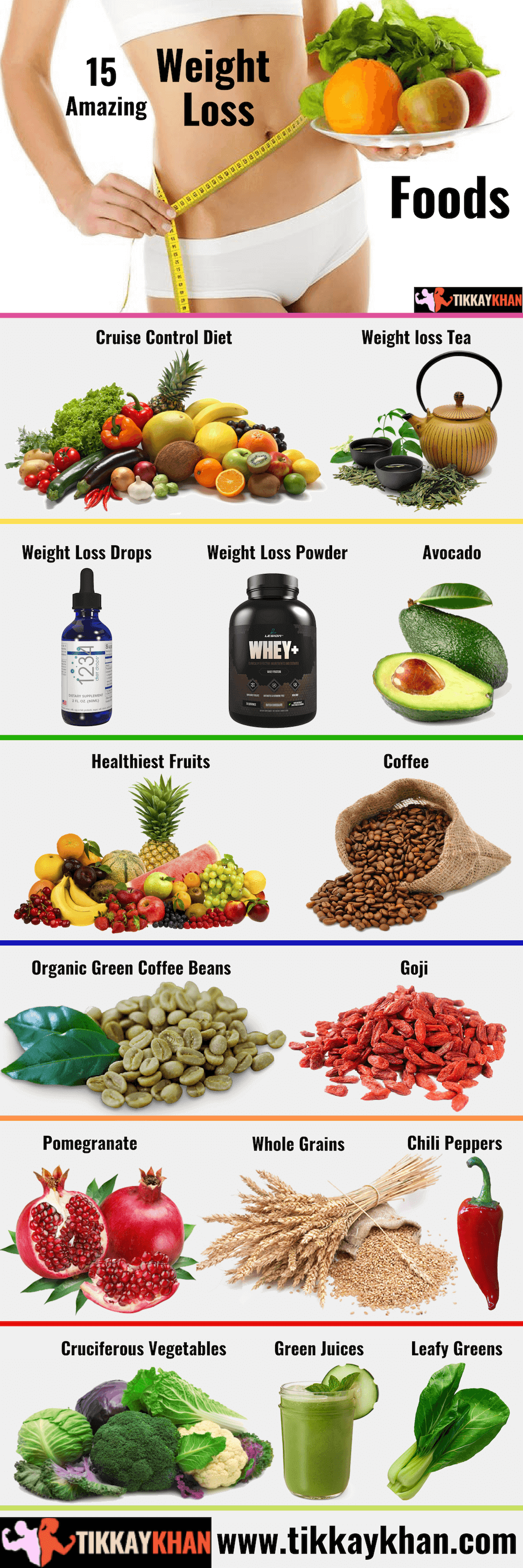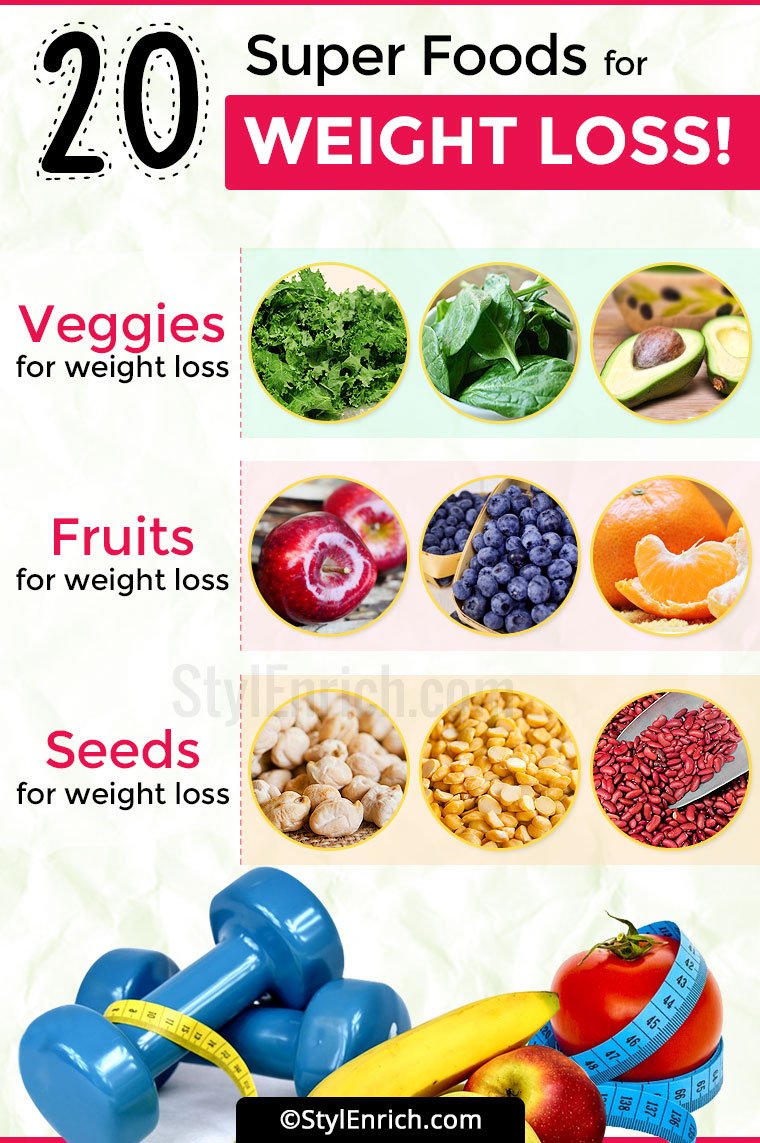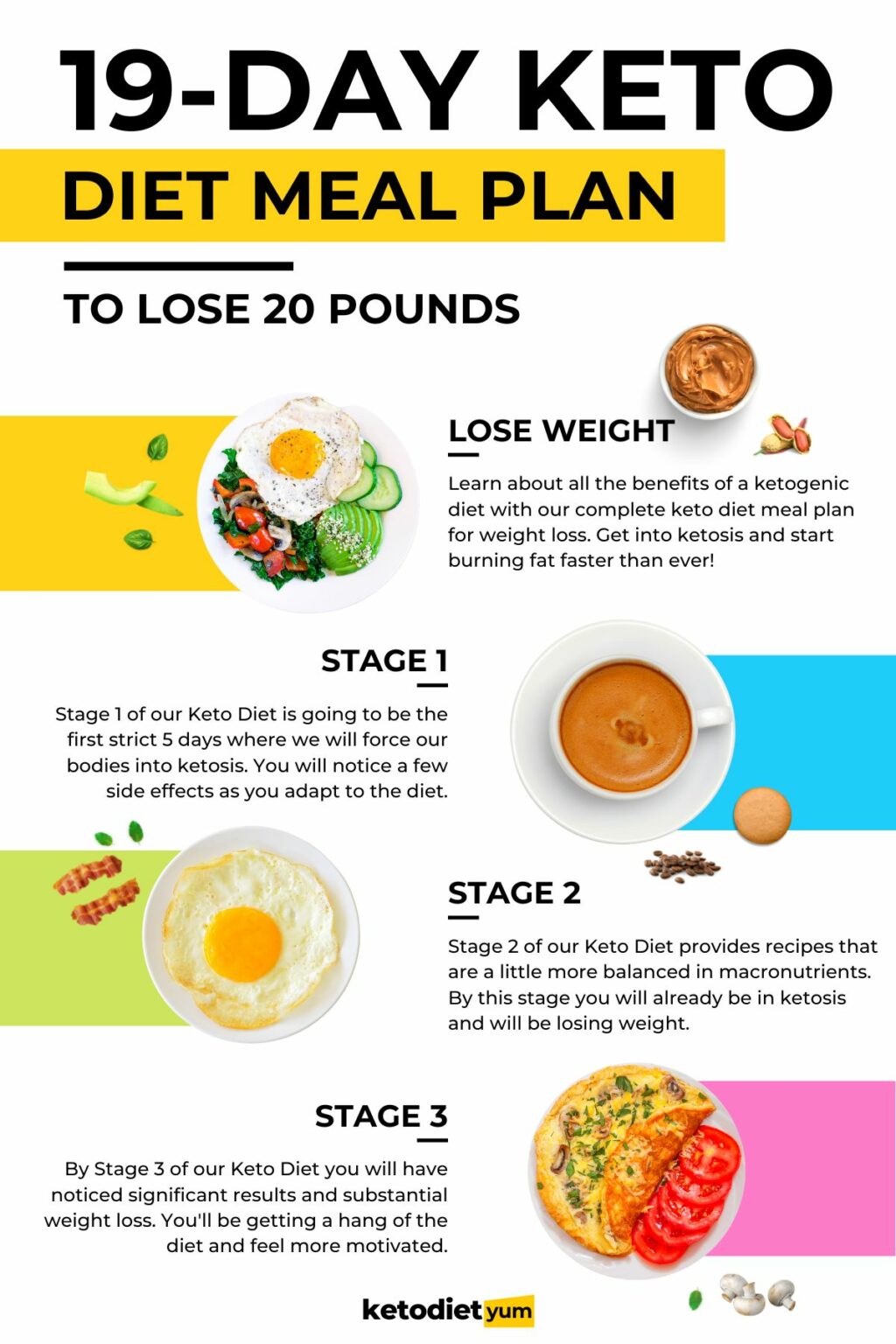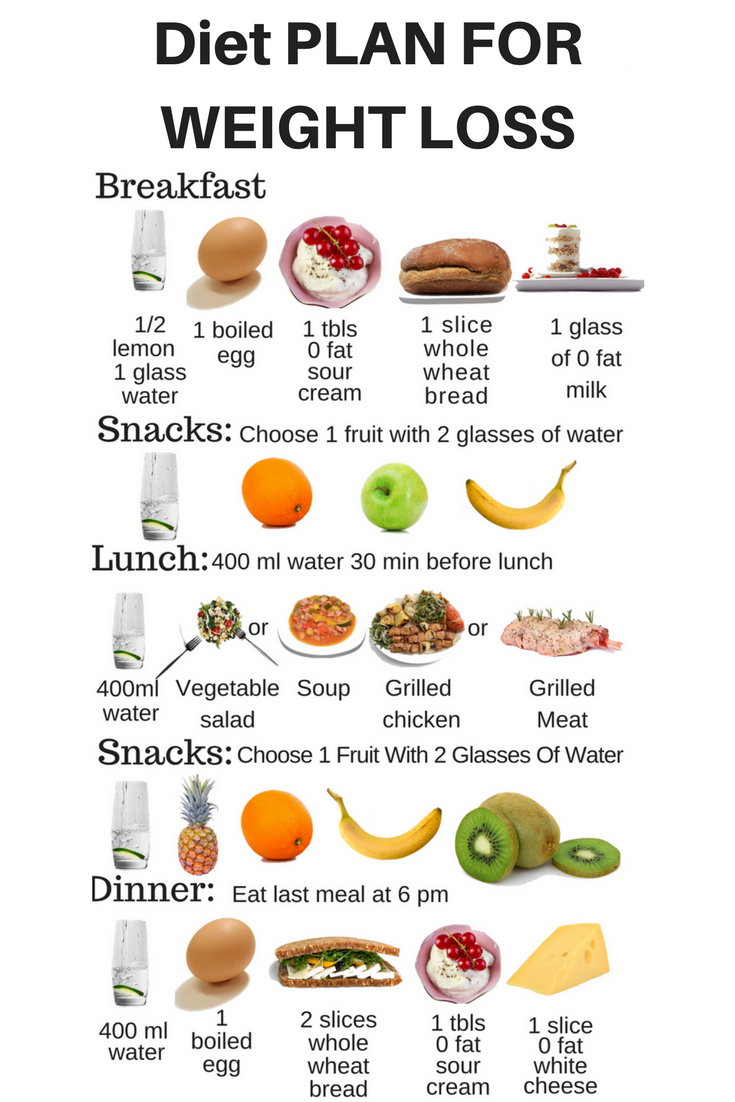As we venture into 2024, the quest for effective weight loss strategies remains more relevant than ever. The Ultimate Guide to Effective Weight Loss Diet provides invaluable insights tailored for those committed to achieving their health goals. This comprehensive guide emphasizes the significance of personalized nutrition plans, suggesting that a one-size-fits-all approach may not yield the best results. By focusing on whole, nutrient-dense foods, individuals can enhance their metabolism and improve overall well-being.
Moreover, this guide stresses the importance of understanding personal dietary needs, making adjustments, and staying flexible in meal planning. Incorporating top tips for 2024 success includes the power of mindfulness in eating, the benefits of incorporating physical activity, and the critical role of hydration. Readers are encouraged to set realistic goals and track their progress to maintain motivation. Additionally, the guide addresses common pitfalls associated with fad diets and offers sustainable alternatives that foster long-term success.
Ultimately, the journey of effective weight loss is not just about shedding pounds; it’s about embracing a healthier lifestyle. With the right mindset and the proper knowledge, achieving your weight loss goals in 2024 is entirely within reach.

weight loss diet
Top Weight Loss Diets to Consider: Expert Recommendations and Reviews
The journey to achieving your weight loss goals can be enhanced by choosing the right diet. In 2024, many experts are emphasizing highly effective weight loss diets that not only promote shedding pounds but also improve your overall health. This guide presents a compilation of the top diets recommended by nutritionists and dietitians.
One standout option is the Keto Diet, celebrated for its low-carb, high-fat approach. By shifting the body into a state of ketosis, individuals have reported significant weight loss results. Many success stories highlight improved energy levels and decreased hunger.
Another popular choice is the Mediterranean Diet, which emphasizes whole foods like fruits, vegetables, and healthy fats. This diet has been linked to numerous health benefits, including improved heart health, making it a sustainable long-term solution.
The Intermittent Fasting method is gaining traction as well, allowing individuals to eat during specific time windows. Experts note that this approach can enhance metabolism and aid in fat loss while providing flexibility in meal planning.
For those seeking a structured program, the Slimming World Diet offers a unique blending of calorie control and support systems. This program empowers dieters through group support and provides access to extensive recipe ideas that are both nutritious and appetizing.
Plant-Based Diets are rising in popularity too. Rich in whole grains, legumes, and vegetables, these diets not only support weight loss but also promote environmental sustainability. Anecdotal evidence suggests that individuals following plant-based diets often experience rapid weight loss and improved well-being.
Ultimately, whichever weight loss plan you choose, the key is to find a balance that suits your lifestyle and personal preferences, ensuring sustainable results and lasting change.

weight loss diet
Meal Planning for Weight Loss: Tips for Creating a Sustainable Menu
Effective weight loss begins with a structured approach to eating, and meal planning for weight loss can be a game changer. Here are some step-by-step tips to help you develop a sustainable menu that fits your lifestyle.
First, consider your . Calculate your daily caloric requirements based on factors like age, gender, activity level, and weight loss goals. This will guide you in portion sizes and food choices.
Next, focus on incorporating a variety of whole foods into your meals. Aim for a balance of macronutrients—proteins, fats, and carbohydrates. Choose lean proteins, such as chicken, turkey, fish, beans, and tofu, while opting for healthy fats like avocado, nuts, and olive oil.
| Food Group | Examples |
|---|---|
| Proteins | Chicken, Fish, Tofu |
| Healthy Fats | Avocado, Nuts, Olive Oil |
| Carbohydrates | Quinoa, Sweet Potatoes, Vegetables |
Planning your meals weekly can help in managing your grocery list and ensuring you stick to your dietary goals. Make a habit of prepping meals in advance, which can save time and prevent unhealthy food choices when you’re hungry. Aim for portion control to avoid overeating. Using smaller plates can trick your brain into feeling satisfied with less food.
Incorporate plenty of fruits and vegetables into your meals. They are low in calories and high in fiber, making them filling and nutritious. Also, stay hydrated with water, as sometimes thirst is confused with hunger.
Finally, remember that flexibility is key. Allow yourself the occasional treat to maintain balance, and regularly reassess your meal plan to ensure it continues to meet your changing needs.

weight loss diet
The Role of Macronutrients in a Successful Weight Loss Diet
When embarking on a weight loss journey, understanding the role of macronutrients—protein, carbohydrates, and fats—is crucial for effective and sustainable results. Each macronutrient contributes uniquely to your body’s energy balance and overall health.
Protein plays a vital role in weight loss by promoting satiety, which helps reduce overall calorie intake. Incorporating lean sources of protein such as chicken, fish, beans, and legumes not only aids in muscle preservation during weight loss but also boosts metabolic rate through the thermic effect of food (TEF). This means your body burns more calories digesting protein compared to fats and carbs.
Carbohydrates are often mistakenly vilified in weight loss diets, but they are an important energy source. The key is to focus on consuming complex carbohydrates like whole grains, fruits, and vegetables, which provide fiber. This fiber aids in digestion and prolongs feelings of fullness, preventing overeating. Additionally, moderate carb intake can help maintain energy levels for physical activity, crucial for burning calories.
Fats, particularly healthy fats found in avocados, nuts, and olive oil, are essential for nutrient absorption and hormone production. Including healthy fats in your diet can also promote satiety, making it easier to control hunger throughout the day. Remember, the goal is to achieve a balanced macronutrient ratio tailored to your individual needs and preferences.

weight loss diet
Common Weight Loss Diet Mistakes: What to Avoid in 2024
When it comes to weight loss diets, avoiding common pitfalls is crucial for long-term success. One major mistake is skipping meals, which often leads to overeating later. Instead, aim for balanced, nutrient-rich meals at regular intervals to maintain energy and reduce cravings.
Another common error is focusing too much on restrictive diets. While they might promise quick results, overly strict plans can be unsustainable. It’s important to incorporate a variety of foods to ensure you get all the necessary vitamins and minerals. Opting for a balanced diet that includes healthy fats, lean proteins, and whole grains can foster better results over time.
In addition, many dieters fail to track their progress accurately. Assuming you’re making progress without measurements can lead to disappointment. Regularly monitoring your weight and taking body measurements can provide a more accurate reflection of your journey and help you make necessary adjustments.
Hydration is another critical aspect often overlooked. Many people confuse thirst for hunger, leading to unnecessary snacking. Drinking plenty of water throughout the day can alleviate hunger pangs and support overall health. Aim for at least eight glasses of water daily to stay hydrated.
In 2024, it’s essential to avoid the mistake of neglecting physical activity. While following a diet, incorporating regular exercise can significantly enhance weight loss. Find an activity you enjoy to make it easier to stick to a routine.
Lastly, avoid comparing your weight loss journey to others. Every body is different, and what works for someone else may not work for you. Focus on your individual progress and celebrate small victories along the way.

weight loss diet
Incorporating Exercise: How Physical Activity Complements Your Diet
In today’s health-conscious world, understanding the synergy between diet and exercise is crucial for effective weight loss. Physical activity plays a vital role in achieving and maintaining your desired body weight. By combining exercise routines with a balanced diet, you can amplify your weight loss efforts and enhance your overall well-being.
One effective way to begin your fitness journey is by integrating cardio exercises into your daily routine. Activities such as running, cycling, or swimming not only burn calories but also improve cardiovascular health. Pairing these workouts with strength training can further elevate your results. Building muscle mass increases your resting metabolic rate, allowing you to burn more calories even at rest.
Moreover, choosing exercises that you enjoy increases the likelihood of consistency. Whether it’s dancing, hiking, or group classes, engaging in activities that excite you can make exercise feel less like a chore and more like a lifestyle choice. This psychological aspect is crucial in creating sustainable habits.
Nutrition should complement your exercise. Consuming the right balance of macronutrients, including carbohydrates, proteins, and fats, helps fuel your workouts. After exercising, a nutrient-rich meal can aid in recovery and muscle building, making the most of your efforts both in the gym and at the dining table.
Additionally, it’s essential to establish a fitness schedule that aligns with your daily life. Consistency is key. Integrating short workouts during your day, such as brisk walking or using the stairs, can significantly boost your daily caloric burn.
Ultimately, the combination of proper nutrition and regular physical activity can lead to notable improvements in your health, fostering an environment for successful weight loss and overall well-being.
Behavioral Strategies for Weight Loss: Mindset and Motivation Tips
Embarking on a weight loss journey is as much about mental resilience as it is about physical changes. To successfully navigate the ups and downs of this process, one must adopt strong behavioral strategies for weight loss that focus on mindset and motivation. A positive mindset is crucial; it allows individuals to embrace their goals and persist through challenges.
One of the most effective strategies is setting realistic weight loss goals. Instead of aiming for drastic results, opt for small, achievable targets. This not only boosts confidence but also creates a sense of accomplishment. Documenting progress in a journal can reinforce these positive feelings, providing motivation to continue.
Another vital component is understanding and addressing emotional eating. Many people eat not out of hunger, but to cope with stress, anxiety, or boredom. By practicing mindfulness techniques, such as meditation or deep breathing, individuals can become more aware of their triggers and find healthier coping mechanisms.
Finding a support system can significantly enhance motivation levels. Joining weight loss support groups or engaging with friends on similar journeys can provide encouragement and accountability. Sharing experiences and challenges can remind individuals that they are not alone in their efforts.
Moreover, developing a positive self-image is essential in maintaining long-term motivation. Replace negative self-talk with affirmations that reinforce self-worth and success. This shift in thinking can profoundly affect one’s dedication to weight loss.
Incorporating these psychological strategies into your routine can dramatically improve your weight loss journey. Emphasizing motivation and resilience will not only help in reaching your weight loss goals but also foster a healthier, happier lifestyle overall.
Tracking Progress and Adjusting Your Diet: Signs It’s Working
Monitoring your weight loss journey is crucial for understanding whether your current diet plan is effective. To begin with, keeping a daily food diary can help you observe your eating habits, macronutrient intake, and caloric consumption. By tracking these factors, you can identify patterns in your eating habits that may need adjustment.
Another essential aspect of tracking your progress is measuring your weight regularly. Weighing yourself weekly can provide insights into short-term weight fluctuations, and help you recognize if you are losing weight steadily. Additionally, consider taking body measurements and progress photos. These methods can often reveal changes that the scale may not reflect, such as muscle gain and body composition changes.
It’s also important to pay attention to how your body feels. Are you experiencing higher energy levels or improved mood? These signs can indicate that your healthy eating habits are working. Equally, a gradual decrease in appetite or cravings for unhealthy foods can signal that your body is adapting to your new diet.
As you track your progress, be open to making necessary adjustments to your diet. If you notice a plateau in weight loss, consider recalibrating your caloric intake or altering your macronutrient distribution. Trying new healthy recipes or incorporating different food groups can also help revitalize your routine.
Lastly, ensure that you stay hydrated and monitor your water intake. Proper hydration can significantly impact your overall energy levels and metabolic rate, so adjusting your fluid consumption may be beneficial. By diligently tracking your progress and making informed adjustments, you will enhance your chances of achieving long-term success in your weight loss journey.
What is a weight loss diet?
A weight loss diet is a structured eating plan designed to help individuals reduce body weight by creating a calorie deficit. This typically involves consuming fewer calories than the body uses for energy, focusing on nutritious foods that promote satiety while still allowing for a balanced intake of necessary nutrients.
What foods should I include in a weight loss diet?
In a weight loss diet, it’s beneficial to include whole, nutrient-dense foods such as fruits, vegetables, lean proteins, whole grains, and healthy fats. These foods are low in calories but high in essential nutrients, which can help you feel full and satisfied while losing weight.
Can I lose weight by simply cutting calories?
While cutting calories is a key factor in weight loss, it’s important to do so in a balanced way. Simply eating fewer calories without considering the nutritional quality of your food can lead to deficiencies and may not support sustainable weight loss. It’s best to focus on both calorie reduction and nutrient-dense food choices.
How much weight can I expect to lose on a weight loss diet?
The amount of weight you can lose on a weight loss diet varies based on several factors, including your starting weight, adherence to the diet, physical activity level, and individual metabolic factors. A safe and sustainable weight loss rate is typically 1-2 pounds per week.
Is exercise necessary for weight loss?
While exercise is not strictly necessary for weight loss, it can significantly enhance the weight loss process and improve overall health. Physical activity helps to burn additional calories and can boost metabolism, helping to maintain weight loss over the long term.
What are some common mistakes people make when trying to lose weight?
Common mistakes include skipping meals, relying on fad diets, not tracking food intake, and focusing solely on calorie counting rather than nutrition. Additionally, setting unrealistic goals or being overly restrictive can lead to burnout and frustration, making it difficult to sustain weight loss efforts.
How long does it take to see results from a weight loss diet?
Results from a weight loss diet can vary from person to person. Many people start to see changes in their weight within a few weeks of following a healthy diet and exercise plan, but more noticeable changes may take a month or longer. Consistency and patience are key to long-term success.
